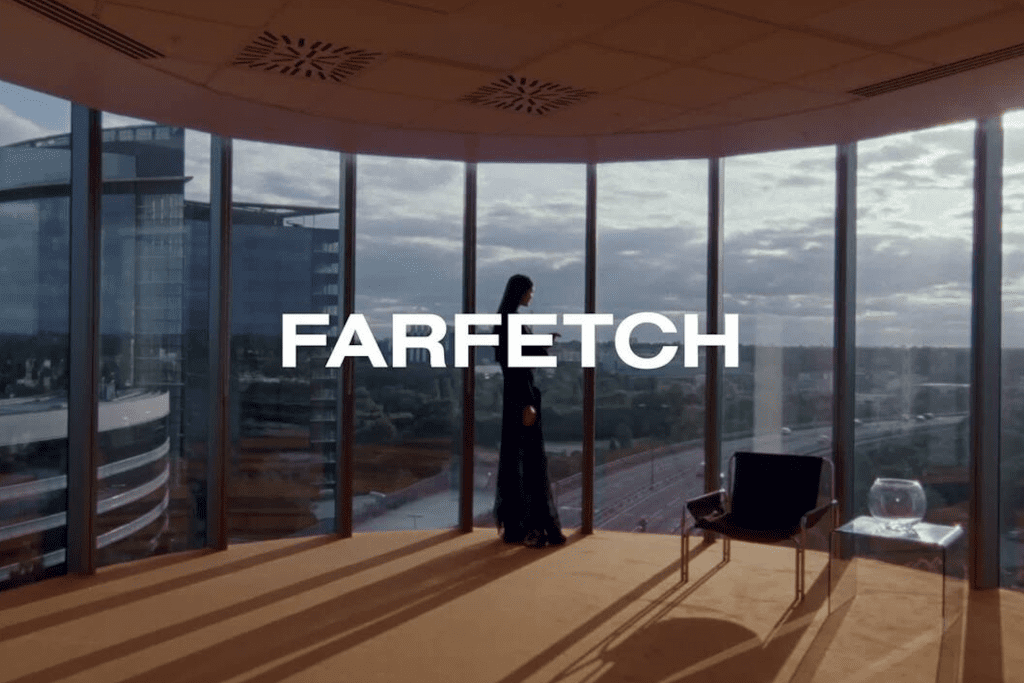Jay-Z and Iconix Brand Group have settle a web of until-recently ongoing legal battles, ones that centered on a $200 million-plus licensing deal that the American brand management company and Shawn Carter – better known as Jay Z – entered into in 2007. In a filing on Wednesday, Iconix – whose roster of brands includes Mossimo, Mudd Jeans, Joe Boxer, Ecko, and Madonna’s Material Girl collection, among others – revealed that the parties had managed to resolve their claims.
Wednesday’s filing comes more than two years after Iconic first filed suit against Jay Z’s Roc Nation, Jay Z, himself, and Major League Baseball Properties, among others, alleging that by selling “Roc Nation” baseball caps, they were running afoul of the 2007 licensing agreement in which Roc Nation granted Iconix exclusive rights to manufacture and sell specific types of goods bearing the name (and other intellectual property rights) of Rocawear – the apparel brand that Jay Z launched in 1999 alongside Dame Dash – on an array of products.
The Roc Nation-emblazoned hats fell within the scope of the parties’ licensing deal, Iconix argued in its complaint, and thus, by selling the hats, “Carter and his various companies … have deliberately undermined a series of agreements, after receiving millions in substantial compensation from Plaintiffs, by continuing to use and exploit in business the very property already conveyed to Iconix and Studio IP by contract.”
Jay Z and co. responded to the suit in October 2017 by filing claims of their own, asserting that Iconix was on the hook for breaching an implied license between the two sides. In particular, Roca Wear alleged that the parties’ 2007 licensing deal did not give Iconix the right to use the Roca Nation name, and thus, that was left with Roca Wear and Jay Z.
Not only does the settlement put that case to bed, it also brings an end to an arbitration related to the licensing deal, proceedings that Jay Z sued to halt in November 2018, arguing that by failing to offer up a sufficient number of African-American arbitrators, the alternative handling of the parties’ ongoing dispute was running afoul of New York State law.
Less than a year later after Jay Z slammed the American Arbitration Association for its “blatant failure to ensure a diverse slate of arbitrators,” the rapper-turned-business mogul filed suit against Iconix in a New York state court in Manhattan, alleging that the licensing company had engaged in “massive years-long fraud” and “colossal accounting scandal.’” To be exact, in the July 2019 complaint, Jay Z and Rocawear accused Iconix of inflating its financials in connection with a subsequent Roca Wear licensing deal that they entered into in 2013.
All the while, in December 2015, the Securities and Exchange Commission initiated an investigation into “potential violations of the federal securities laws” related to the deal between Rocawear and Iconix and the subsequent financial reporting of New York-based Iconix, including Iconix’s subsequent write-off of $169 million of the $204 million it put up for the Rocawear license.
Iconix stated in its filing on Wednesday both sides also agreed to drop all claims, and revealed that it has agreed to sell some of its rights in Rocawear back to Jay-Z’s Roc Nation LLC in exchange for $15 million.














